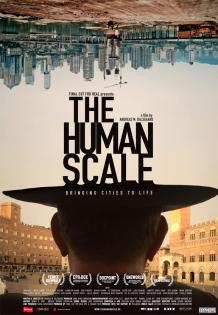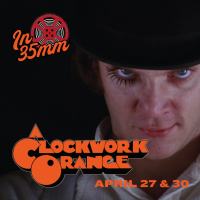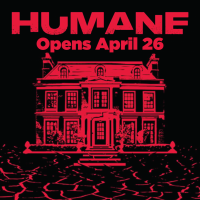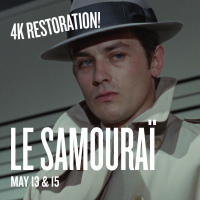Montreal would get big points from Danish architect Jan Gehl, whose name is missing from the title of countryman Andreas M. Dalsgaard’s thought-provoking documentary The Human Scale, but whose ideas drive the film. Like many movies looking at the effects of globalization on the human condition Dalsgaard looks at the ways today’s cities are destroying our quality of life.
The solution is simple enough: fewer cars and less concrete, more space for people to move and interact. Dalsgaard travels to several places where Gehl and his employees have been helping rethink urban planning. In Copenhagen, streets are being pedestrianized and public life prioritized. More than 350,000 bike lanes have been created to accommodate and encourage the fact that 35 per cent of the city’s inhabitants get around by bicycle versus 24 per cent by car. Even New York City’s fabled Times Square has bought into the Gehl model, closing important areas to automobiles in favour of places for people.
In Chongqing, China, a network of narrow pedestrian lanes have revitalized parts of the city, leading to people converging and communicating in ways that many thought gone for good. Over to Sienna, Italy, and Melbourne, Australia, which epitomize the ideal compared to Dhaka, Bangladesh, and Christchurch, New Zealand, both of which are at a crossroads in their development.
All provide variations on a theme that is evocative. The cinematography and music contribute to the contemplative tone, offering various entry points to reflect on the modern metropolis, and our place in it. - T'Cha Dunlevy, Montreal Gazette
























